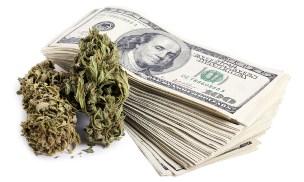
Sen. Thom Tillis (R-NC) is a lonely Republican calling for comprehensive marijuana reform instead of "half-assed" measures. (Senate.gov)
GOP Senator Knocks "Half-Assed" Marijuana Reform Measures, Patient ODs at BC Hospital After Unsanctioned Safe Injection Site Closes, More... (11/20/24)
An Indiana group backed by Republicans calls for "safe and regulated" marijuana, but won't say the word "legalization," and more.








